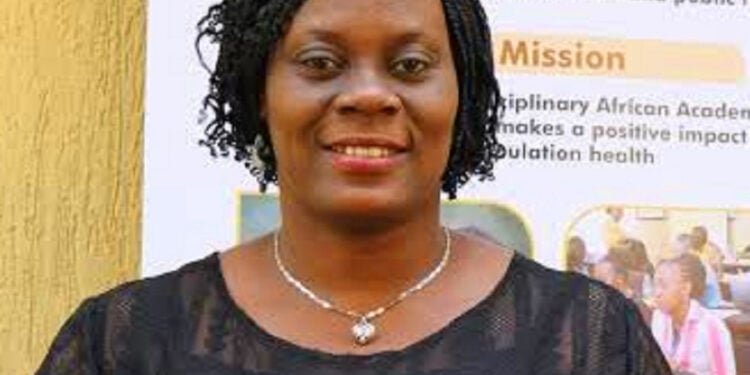The federal government has said that it has taken steps to fully integrate HIV response into the Sector-Wide Approach (SWAp), ensuring that all resources are aligned with the country’s national health priorities.
The move is aimed at enhancing the effectiveness of the national HIV response and ensuring greater government ownership and accountability in addressing the epidemic.
Minister of State for Health and Social Welfare, Adekunle Salako, disclosed this on Tuesday at the World AIDS Day 2024 event, themed: “Take the Rights Path: Sustain the HIV Response and Stop HIV Among Children to End AIDS in Nigeria by 2030” in Abuja.
“I am pleased to announce that we have taken a step forward in the fight against HIV/AIDS by ensuring HIV is fully integrated into the sector-wide approach (SWAp), which will help ensure that all resources are aligned with our national health priorities can continue to lead HIV response with full government ownership and accountability,” he said.
Dr Salako stated that HIV integration into SWAp would allow for a more coordinated approach to health resource management, improving the alignment of HIV-related funding and interventions with Nigeria’s broader health goals.
With Nigeria’s HIV prevalence at 1.4 per cent and over two million people living with the virus, the focus on eliminating mother-to-child transmission was a key highlight. The country’s current 23 per cent transmission rate underscores the urgent need to increase prevention efforts and provide universal access to antenatal care.
The Director-General of the National Agency for the Control of AIDS (NACA), Dr Temitope Ilori, emphasised the importance of sustainability and ownership in the HIV response.
She said that the country’s achievements, including local production initiatives for antiretroviral drugs and the publication of Nigeria’s HIV data, reflect progress. However, she added that challenges such as donor funding gaps and stigma remain.
UN Resident Coordinator Mohamed Fall stressed the role of human rights in the fight against AIDS, stating that discriminatory laws and practices hinder access to lifesaving treatment.
“We can end AIDS if we take a rights-based approach and ensure services reach the most vulnerable, especially children,” he said.



